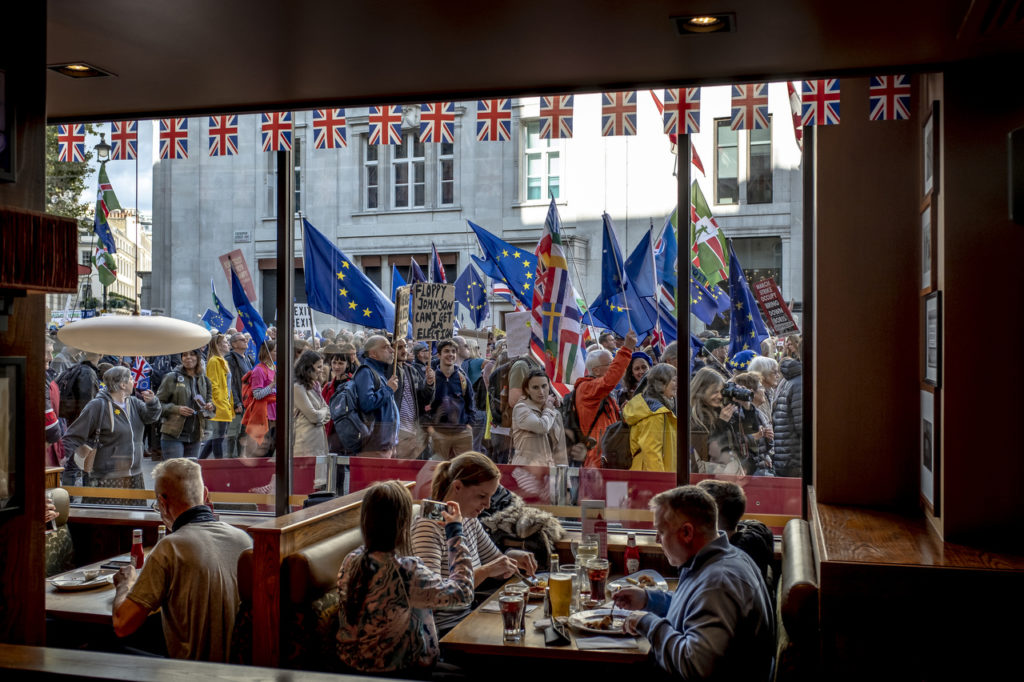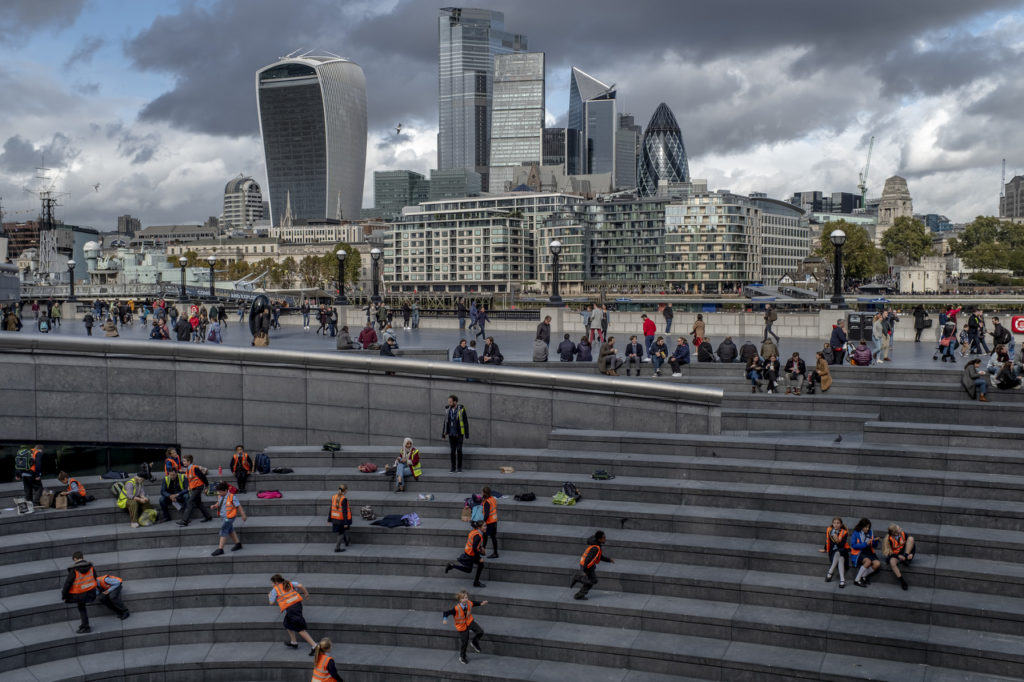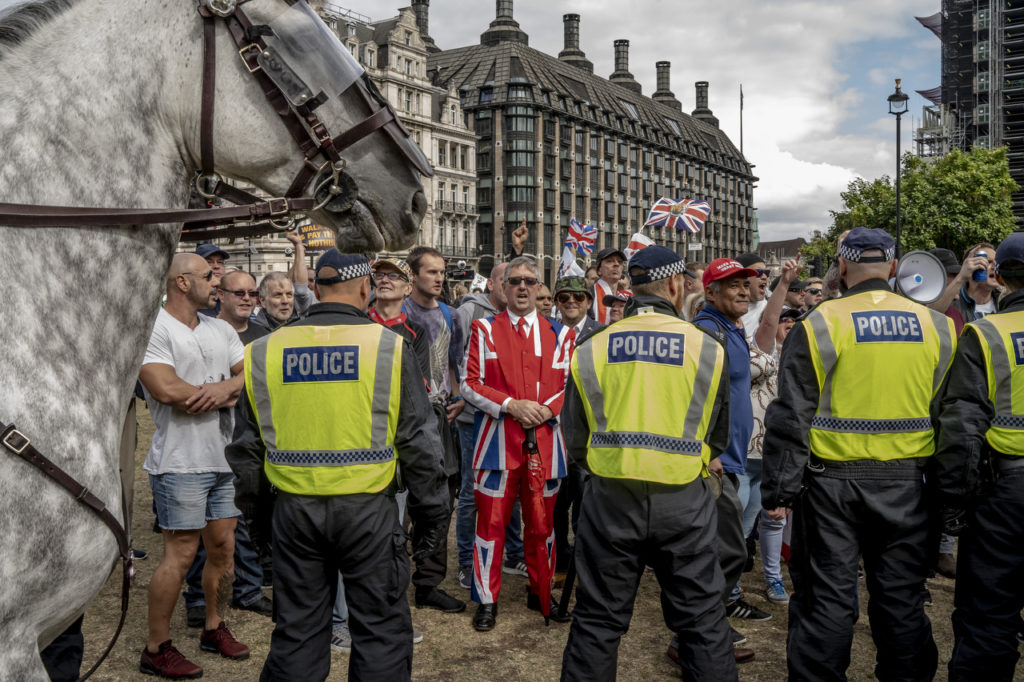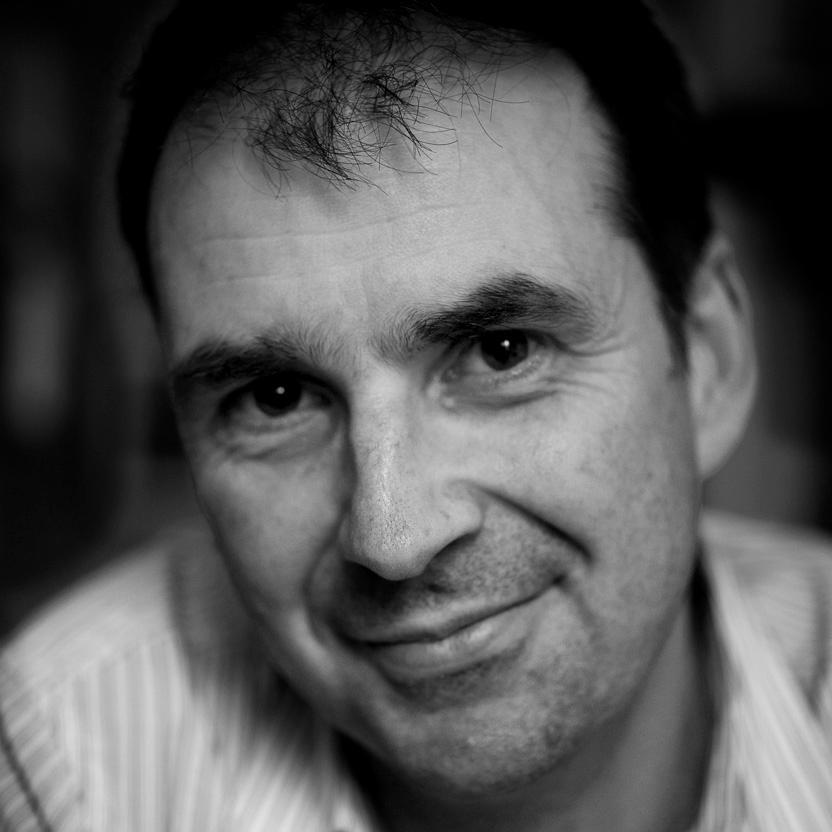These photographs were taken throughout the UK and the island of Ireland between 2015-2020 and they represent a country in flux, unsure of its future, past and present.
The United Kingdom’s 47 year membership of the European Union came to an end on the 31st January 2020. Although the relationship had never been an easy one, it had led to long term prosperity for the UK, helping it to become the 5th richest nation on earth.
The reasons for the UK’s willingness to give up on its membership are numerous and complex, it seems obvious though that the legacy of the 2008 global financial crash played a huge role. Austerity measures brought in by the ruling Conservative Government decimated local services, the National Health Service and the Police, leaving whole communities feeling disenfranchised and left behind. At the same time large increases in the number of workers from other EU states coming to the UK provided an easy target for the right wing tabloids who spent years whipping up anti-migrant and anti-immigrant feelings in the population.
The 2016 referendum, in which a narrow majority voted for the UK to leave the EU has left the country deeply divided and the last four years has seen a polarisation of people’s views as each side of the toxic debate has become more entrenched. The United Kingdom now faces an uncertain future, choices have to be made on whether to stay close to Europe or to move closer to the USA in terms of trade and standards. Scotland and Northern Ireland, whose populations both voted decisively to stay in the EU, and who regard the chaos of the last three years as a direct consequence of an ever more dominant English nationalism, look likely to break away from the UK in the not too distant future.
Boris Johnson, the Prime Minister, now wants the country to ‘move on’ and has banned his officials from using the word ‘Brexit’. However, as one of the cheerleaders of the idea of leaving the EU during his time as a journalist and as the charismatic leader of the Leave campaign during the referendum, he may have already made that impossible by igniting the sparks of nationalism and populism that seem to be pulling the nation apart.
The effects of the Covid 19 pandemic will be felt for a long time to come and many hoped that one effect of the pandemic would be to pull the nation together. This, however has not been the case, and Scotland, Northern Ireland and Wales have all diverged from the policies put in place by Boris Johnson in England. Another hope for many people was that the whole idea of Brexit may disappear, again, this has not been the case, and as the UK starts to come out of lockdown, the issue of the UK leaving the EU transition period at the end of 2020 is coming back onto the agenda.



